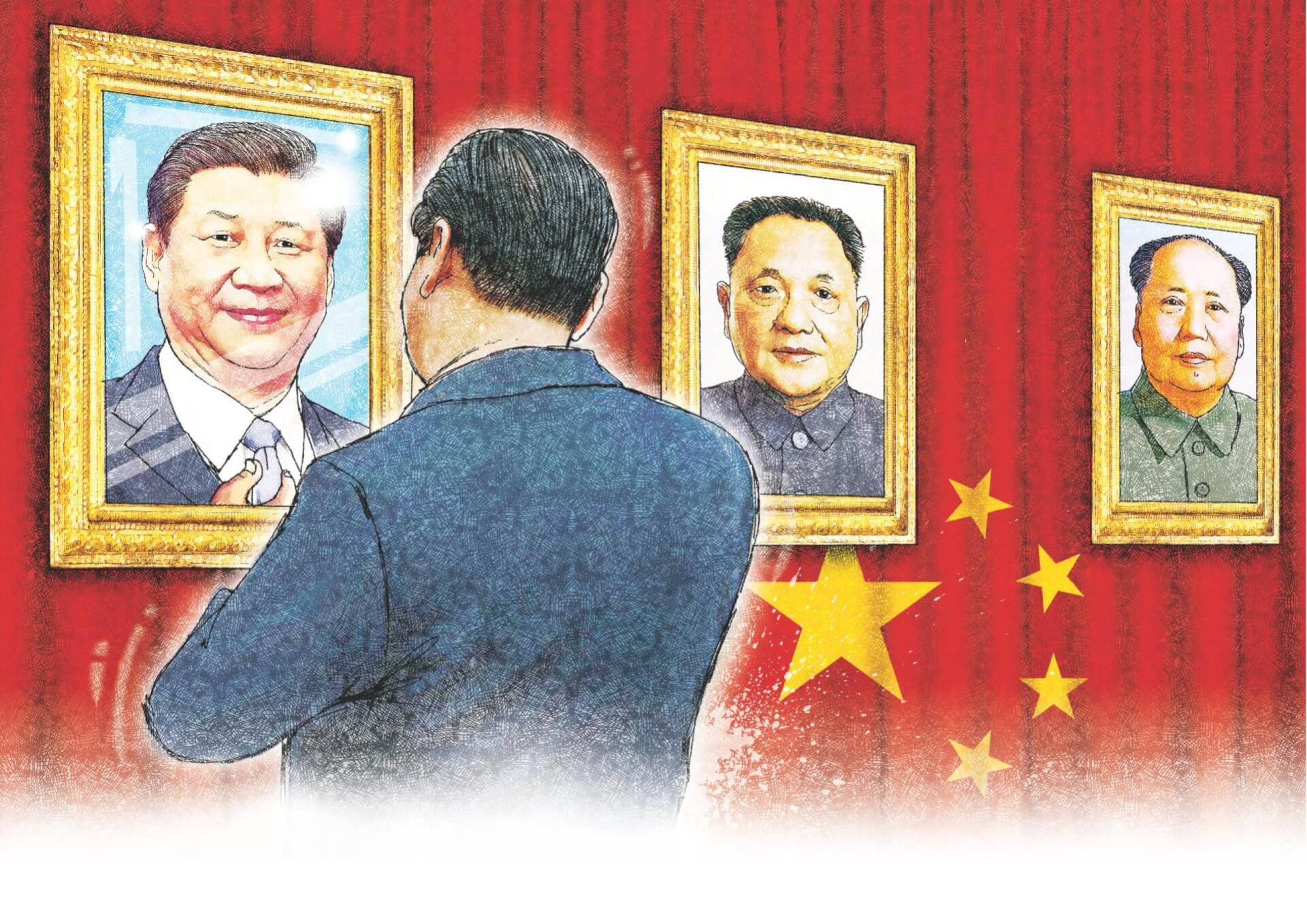A new brand of assertive Chinese diplomats who have discarded Deng Xiaoping’s peaceful rise motif, and are now weaponizing China’s material and economic power, have arisen; called ‘wolf-warriors’. Decision-makers in Beijing are probably making two assumptions regarding the use of coercion in IR: 1) the best way to deter international stigma and domestic unrest surrounding the Chinese Communist Party’s role in the outbreak of COVID-19 is to impose costs, and 2) Beijing no longer needs to bother with international audience costs or regional followerships since it is already an Asian hegemon and can now dictate the ‘rules of the game’. As Chinese history shows us, both these assumptions are sorely mistaken.
In 1949, when the Communist Party first came to power in China under Chairman Mao Zedong and Premier Zhou Enlai, it had similarly displayed an emphasis on coercive instruments in pursuit of its foreign policy goals. Multiple examples of this aggressive behaviour were visible; the invasion of Tibet, participation in the Korean War, military offensives in the Taiwan Straits, and overt support to communist forces in Vietnam, Indo-China, Laos, and Cambodia. However, the CCP leadership soon realized that despite putting up a formidable opposition to American forces in Korea and ensuring a deadlock, China was facing an incredibly hostile international environment with few allies to name neighbourhood. The Communists had been denied entry into the United Nations, barely had any diplomatic ties outside the Communist world, and more South and South-East Asian countries, such as Thailand, Philippines, Pakistan, and Sri Lanka, were signing military pacts with the US. Put differently, China’s neighbours feared its expansionism and began to act in ways that significantly threatened its strategic interests.
So, what did Mao do? He capitalised on an opening created by Stalin’s death in 1953 to adopt a softer foreign policy posture and revised Communist China’s international image under the banner of ‘peaceful co-existence’. Within a year Communist China participated in its first ever international summit at the Geneva Conference. Here, while Zhou Enlai’s new peace-making role could not deliver a solution on Korea, it produced major breakthroughs with the French on Indo-China, Laos and Cambodia. Immediately after the Geneva Conference Zhou visited India and affirmed China’s commitment to the ‘Five Principles of Peaceful Coexistence’: mutual respect for sovereignty and territorial integrity, mutual non-aggression, non-interference in each other’s internal affairs, equality and mutual benefit, and peaceful coexistence. A similar commitment was made to Burma. Then, in 1955, China was the major success story at the Bandung Conference. Even when asked difficult questions surrounding Chinese irredentism, Zhou remained calm and conciliatory, asserting that the ‘communist revolution could not be exported’. Most of the Asian-African countries that established diplomatic relations with China thereafter, were represented at Bandung.
Xi Jinping’s China is indubitably materially more powerful than Mao’s China ever was. But, the general rules of misusing coercion still apply. China’s sanctions on Australia, stand-off with India on the border, and escalating tensions with Japan over the Senkaku Islands, have all strengthened the QUAD more intensely than any US strategy ever could. In addition, the inability to embrace even a modicum of transparency and responsibility in its COVID-19 response has alienated world opinion more generally. While countries like North Korea or Pakistan, who are desperate for Chinese aid may still stick around, the overall picture will soon begin to look increasingly bleak. China’s foreign policy elite are mistaking dominance for hegemony. Even American power at its zenith could not remain unscathed after the Bush regime’s unilateral actions in Iraq in 2003.
Aspiring superpowers too need allies and regional followerships who share its worldviews, values, and interests. Coercion therefore, is a tool most useful in military deterrence over vital state interests; that too infrequently. In the everyday of international relations, its value remains overstated. Lest ‘wolf-warriors’ forget, the art of diplomacy is about persuasion and partnership, not rancour and bullying. If the misuses of coercion persist, Xi Jinping’s China risks becoming a great power pariah.
Lessons from Mao’s China for Xi Jinping on (Mis)using Coercion in International Relations
China’s mistaking of dominance for hegemony is fraught with peril.
October 2, 2020

Credit: South China Morning Post
